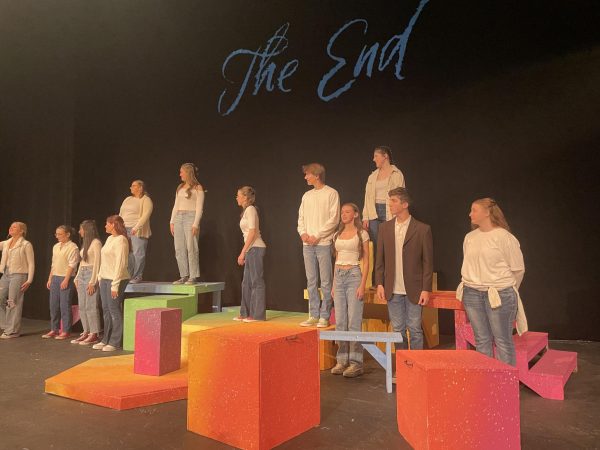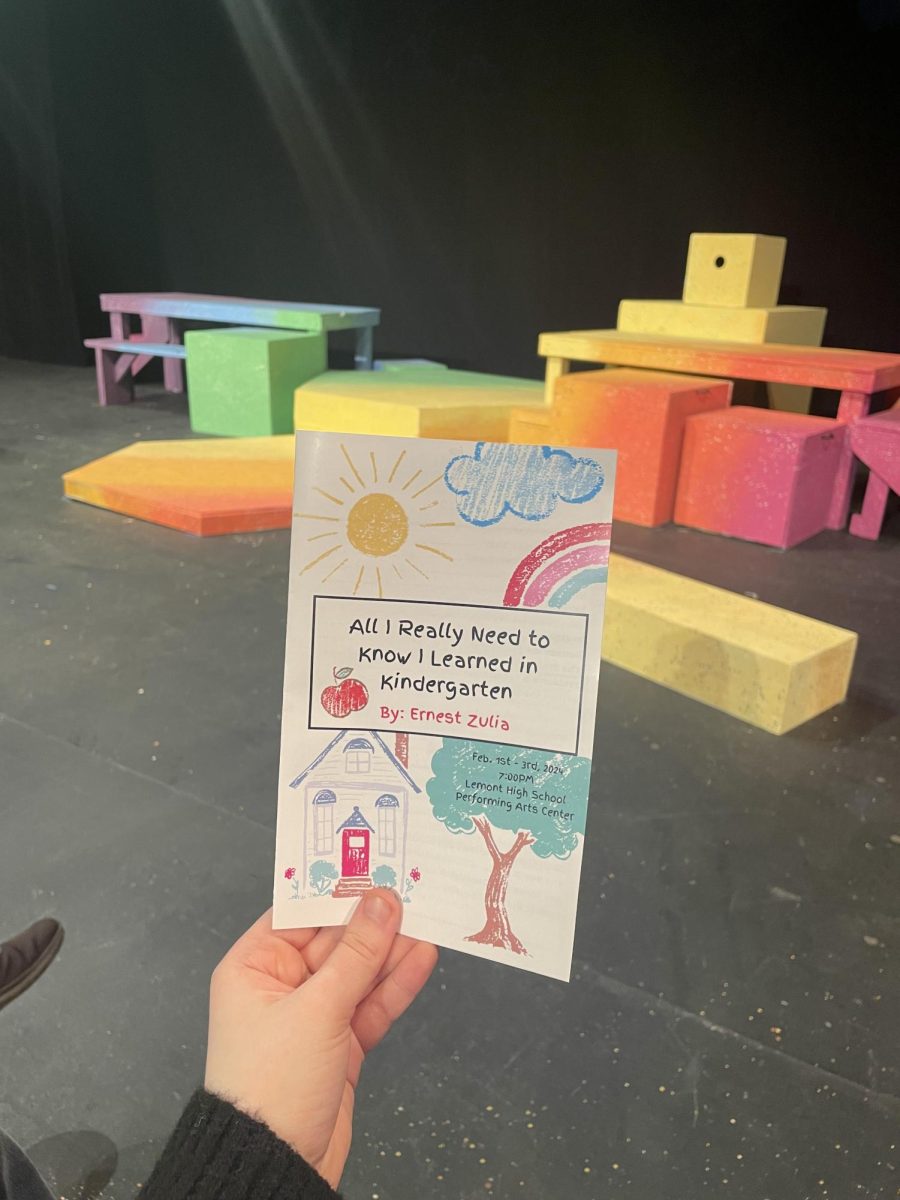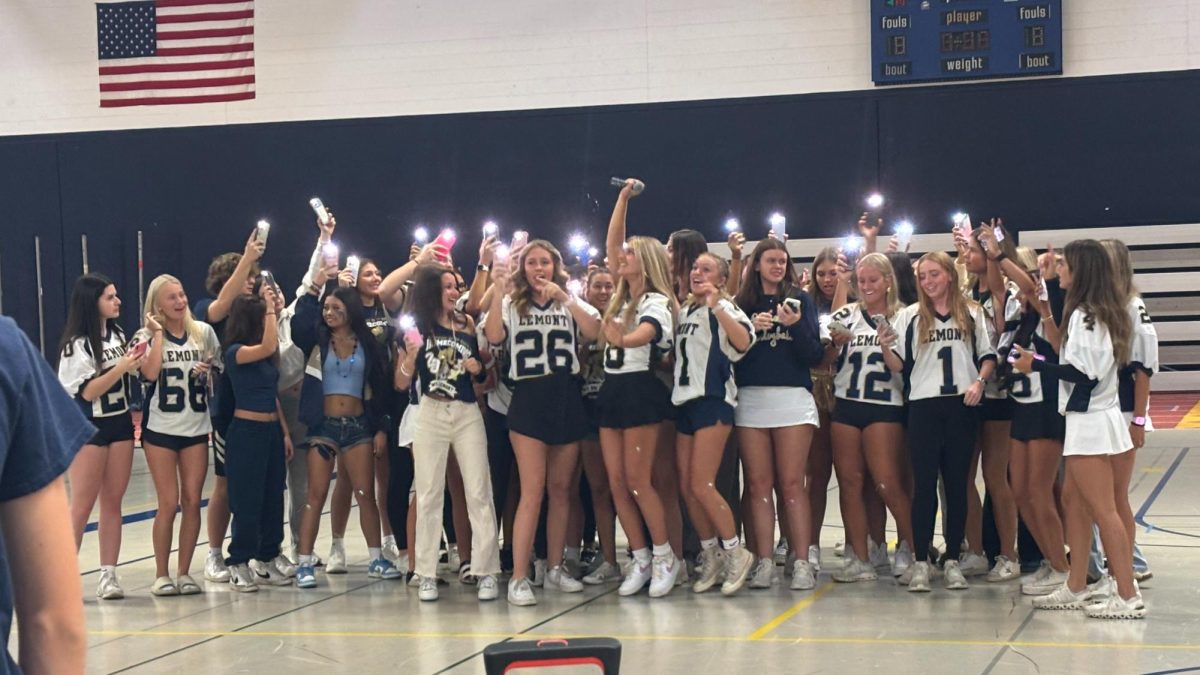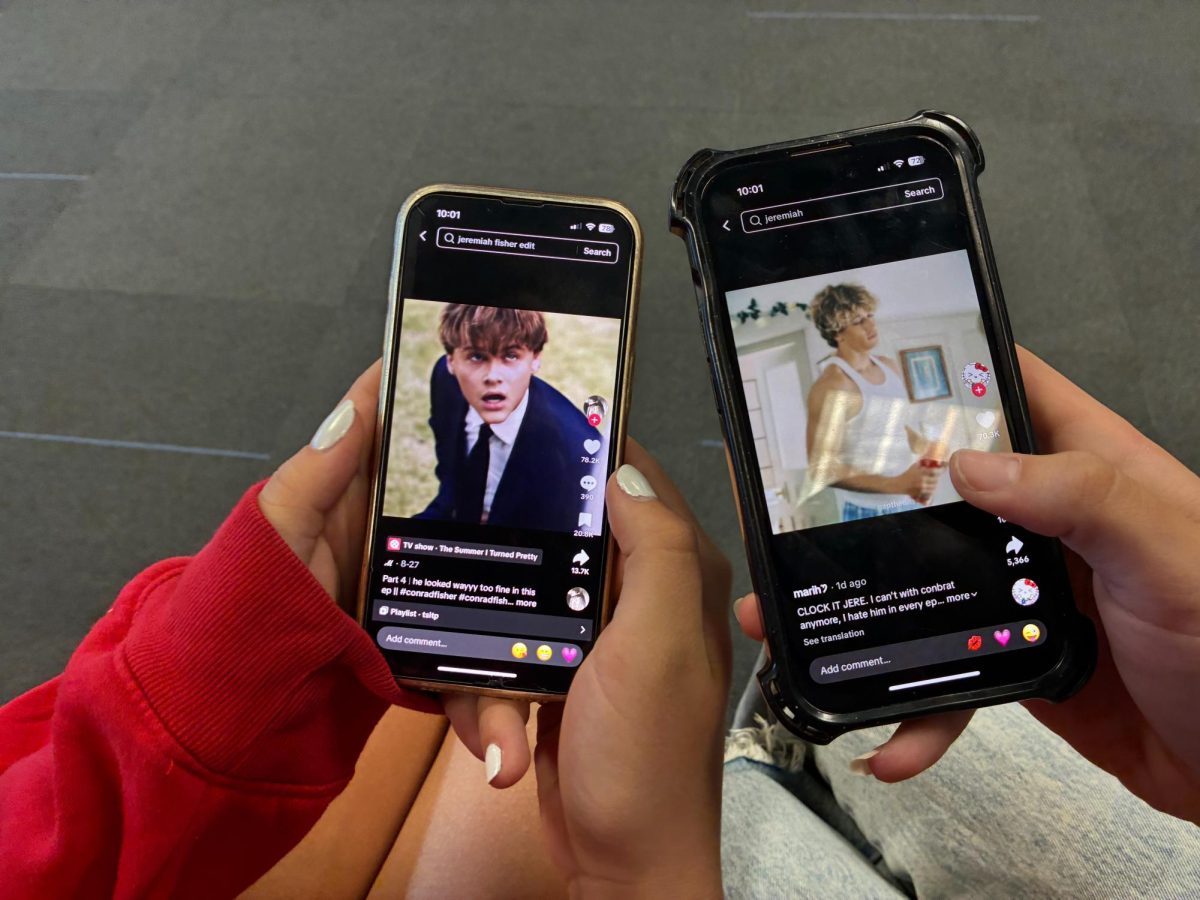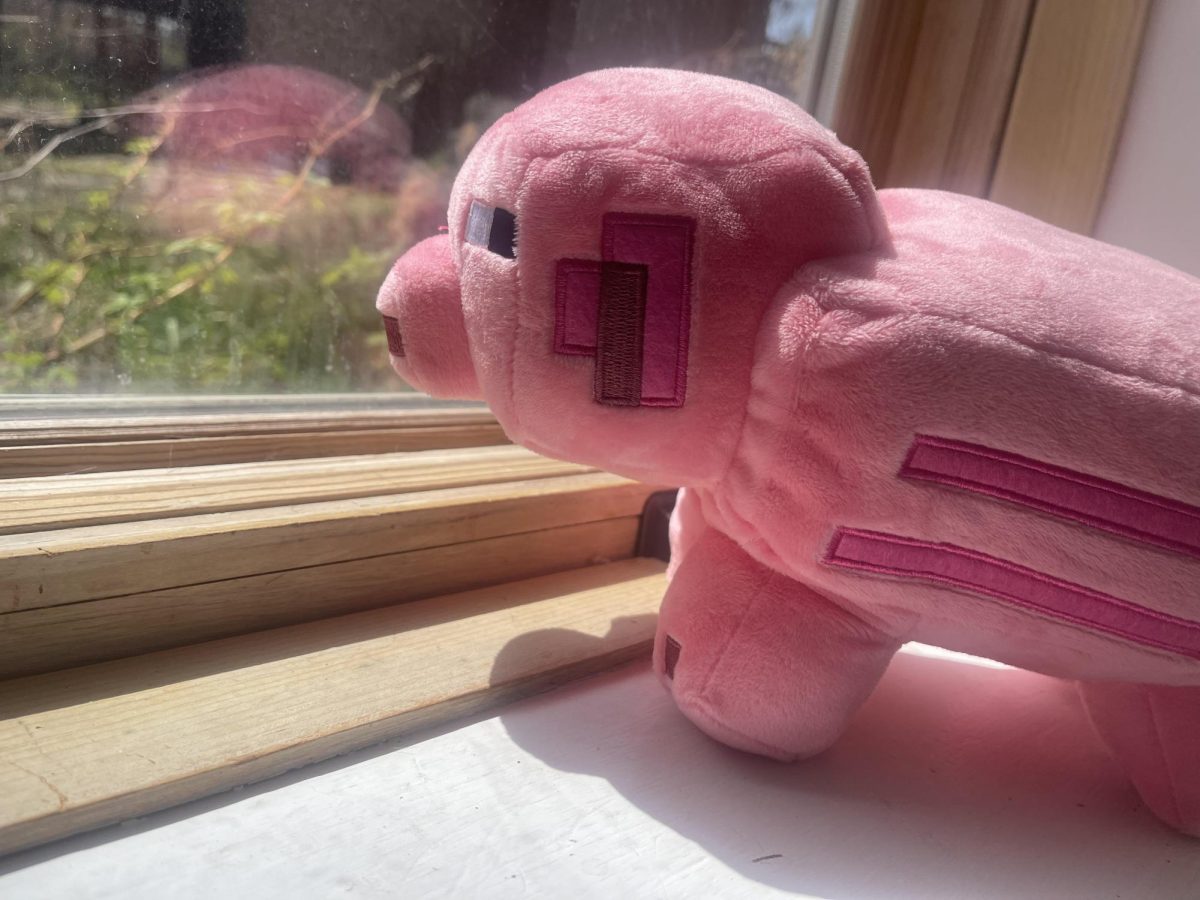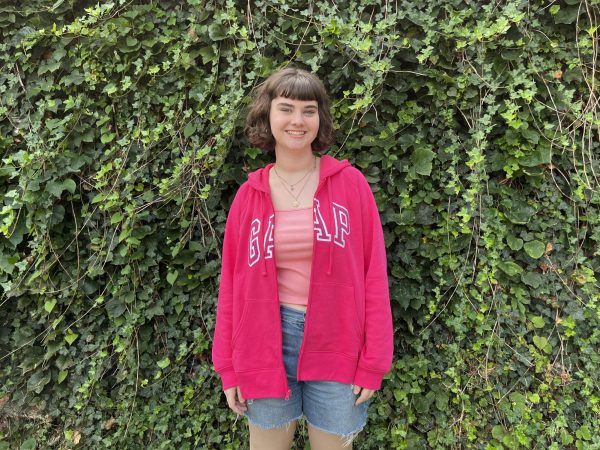After the 70’s flair of the Carol Burnett show came to an end, the drama club began preparing for the winter play: a production of “All I Really Need to Know I Learned in Kindergarten” based on the books by Robert Fulghum, adapted by Ernest Zulia. The name of the show comes from the idea that the morals people should value stem from basic lessons one learns in kindergarten: sharing, being creative, being kind, and even more.
The staging for this production was unorthodox compared to past plays the drama club has put on, as this show was done “blackbox-style”. A blackbox theater is a performance venue that has a flat floor, raised seats and black walls. There is no legitimate blackbox theater located at school, but the drama club transformed the PAC stage into an intimate blackbox-style space with limited seating. Due to the show’s universal themes of humanity and life lessons, director Leslie Kane knew utilizing this style of theater was the correct decision for this show.
“We are so lucky to have a huge stage and a large audience, but not all shows need that…there are certainly some smaller, more intimate feeling shows that work better with a more intimate and closer audience,” Kane said.
The performances of “Kindergarten” took place on Feb. 1 to 3 at 7 p.m. following the Winter Art Exhibition in Gallery 306.
At the beginning of each performance, actors Gregory Kasper and Shea Holt came out with a polaroid camera and posed for photos with audience members. This helped contribute to the intimacy of the show and the idea that the audience and actors are growing as people simultaneously as the show progresses. Kasper and Holt were apprehensive about the audiences’ reaction at first, but soon realized the audience loved the photos as much as they did.
“People got into it,” Holt said. “They actually enjoyed it by the end, which we were a little surprised by. But we were glad they enjoyed it.”

“Kindergarten” was not a show with a typical narrative. The actors performed a series of humorous and dramatic vignettes, each with a lesson for the audience to take away. Lessons ranged from knowing the difference between “problems” and “inconveniences”, respecting one’s parents and celebrating individuality.
The show ended on an uplifting note, with a story about a college professor who, as a boy, made a game out of using a tiny mirror to shine as much light into dark spaces as he possibly could. The professor claimed that this was his own personal meaning of life, imparting the wisdom of shining light into the world on his students, and subsequently the audience.
“Kindergarten” is the first non-comedy production the drama club has performed in nearly a year and a half, which was a welcome change for audiences and actors alike. The actors relished in the idea of performing scenes with inspirational messages that could leave a lasting connection with audience members.
“It was a performance with meaning,” Holt said. “I think that was really cool to me…we all were able to base [monologues] off of meanings, and simple meanings [we learn in] kindergarten I think is just such a cute idea, and I absolutely loved acting the scenes out.”
All in all, “Kindergarten” was a beautiful show that was able to answer difficult existential questions, keep audiences thoroughly engaged and inspire people to bring light into a world that often seems too dark.
